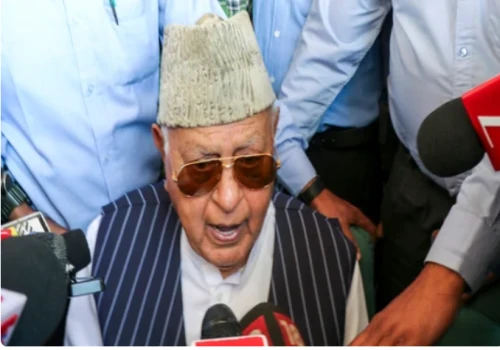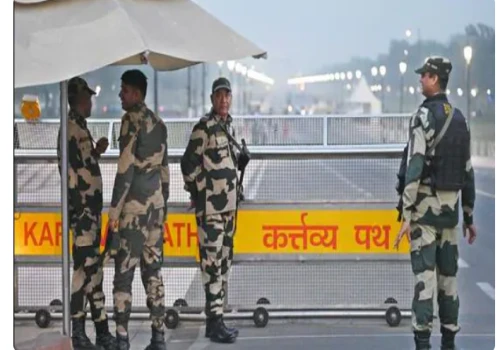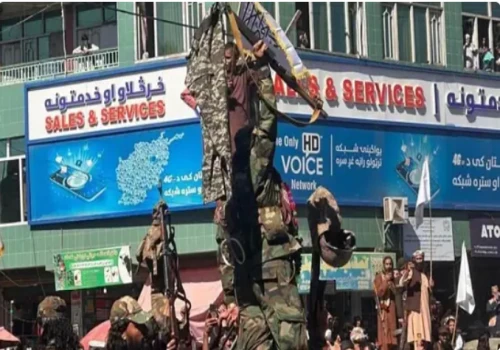
In response to the deadly attack by an Afghan national that killed two National Guard soldiers, former President Donald Trump announced a sweeping immigration freeze, a full review of asylum and green-card approvals, and the introduction of stricter national security policies across the United States.
The incident shocked Washington D.C., where the attacker opened fire on National Guard members during their routine duty. Authorities confirmed the assailant’s Afghan origin, prompting immediate political reactions and emergency security measures.
Trump declared that the U.S. “cannot afford to take chances,” revealing that all immigration requests from Afghanistan would be halted until a fresh, intensified vetting procedure is designed. He also ordered the Department of Homeland Security to re-examine asylum and green-card approvals issued over the past several years, particularly from high-risk regions.
The announcement has triggered widespread debate, with supporters calling it a necessary step for national safety, while critics claim it unfairly targets entire communities based on an individual act. Immigration experts warn that the move may impact thousands of refugees, pending applicants, and families awaiting reunification.
Trump’s decision is expected to shape upcoming discussions on U.S. security frameworks, migration policies, and international relations, especially with countries considered high-risk by American intelligence agencies.









